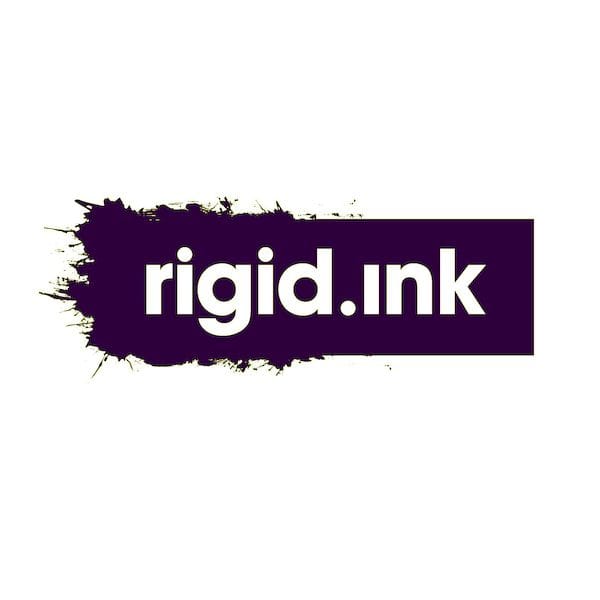![A well-known 3D print materials provider pivots [Source: Rigid.ink]](https://fabbaloo.com/wp-content/uploads/2020/05/image-asset_img_5eb0911fe7735.jpg)
Times are most definitely changing in the 3D print industry.
We’ve seen many equipment vendors change their product lines, service bureaus shift client bases and the emergence of many new materials providers. These changes have forced several companies into shutdown.
3D Print Materials Change
Today we see another change: UK-based Rigid.ink has decided to make a major pivot in operations.
The company has been selling high-quality filament to the public since 2014 and has a tremendous reputation with their clients. However, according to Rigid.ink founder Ed Tyson, they must make a significant change:
“As you know, more big companies are now entering the filaments market with huge R&D budgets, producing truly impressive polymers for FDM printing (this of course is a good thing) and disruptive companies like Prusa Research now manufacturing dependable materials at a really good price point.
This combined with rising costs of our own raw materials means the market is changing, and so must we.
For these reasons, we’ve have been forced to now actually cease supplying 3D printer filament going forward.”
A company selling filament is no longer selling filament? That’s correct — but they’re not closing down. Instead they are taking a very unique path to a new, hopefully successful, business model.
Rigid.ink Pivot
During the course of five years working with clients to ensure they were able to 3D print with their filaments properly, Rigid.ink learned a great deal about how to 3D print. In fact, Tyson says:
“While serving thousands of our customers over the last 5 years, we accidentally created the most comprehensive set of training and service guidelines for FDM printer operators in known existence.”
When a company is to pivot, the smart thing to do is to examine the company’s assets to see what is useful. It seems that Tyson and team did this and realized they had a tremendous asset: 3D printing skills. Now they intend to market that asset to the public instead of filament, which can easily be obtained from other sources.
Rigid.ink will deploy their knowledge on The Institute of 3D Printing, a “complete 3D Printing video course & private expert community designed to accelerate your printing skills and success.” This is a subscription service similar to others like Lynda.com where you are taken step by step through an extensive learning process to arrive at a high skill level.
3D Print Materials History
We wish Rigid.ink well in their new business model, but this scenario does reflect on the latest happenings in 3D print materials.
Long ago when I started into this space there were very few, if any, providers of 3D print material. I even recall at one point looking through industrial supplier catalogs for “ABS Welding Wire”, and fortunately did not have to resort to that level; I could not imagine how bad that would have been to print.
Over time a number of smaller players emerged to address the growing market need. Rigid.ink was one of them. These companies thrived or died, generally on the quality of their service, pricing and selection.
Big Chemical in 3D Printing
Then something interesting happened. At one 3D print tradeshow I saw Verbatim exhibiting. Verbatim is owned by Mitsubishi, a rather large Japanese industrial conglomerate. In discussions with Verbatim, it became clear that the giant had realized there was a growing market for 3D print materials, and they eventually intended to unleash thousands of proprietary materials from Mitsubishi’s private catalog of thermoplastics.
Subsequently, other large chemical companies appeared, like SABIC, DSM and especially BASF, who have infiltrated the entire fabric of 3D printing through an extensive series of partnerships.
Small companies like Rigid.ink have little chance to compete with the likes of BASF, Mitsubishi, SABIC, DSM or others, and I even fear for the larger independent 3D print material players. None can match the funding, marketing power, distribution networks or already-invented catalogs of materials of Big Chemical.
As Tyson says, for 3D printing this change is a good thing; but for smaller players, not so much. Expect more changes in coming years.
Via Rigid.ink

